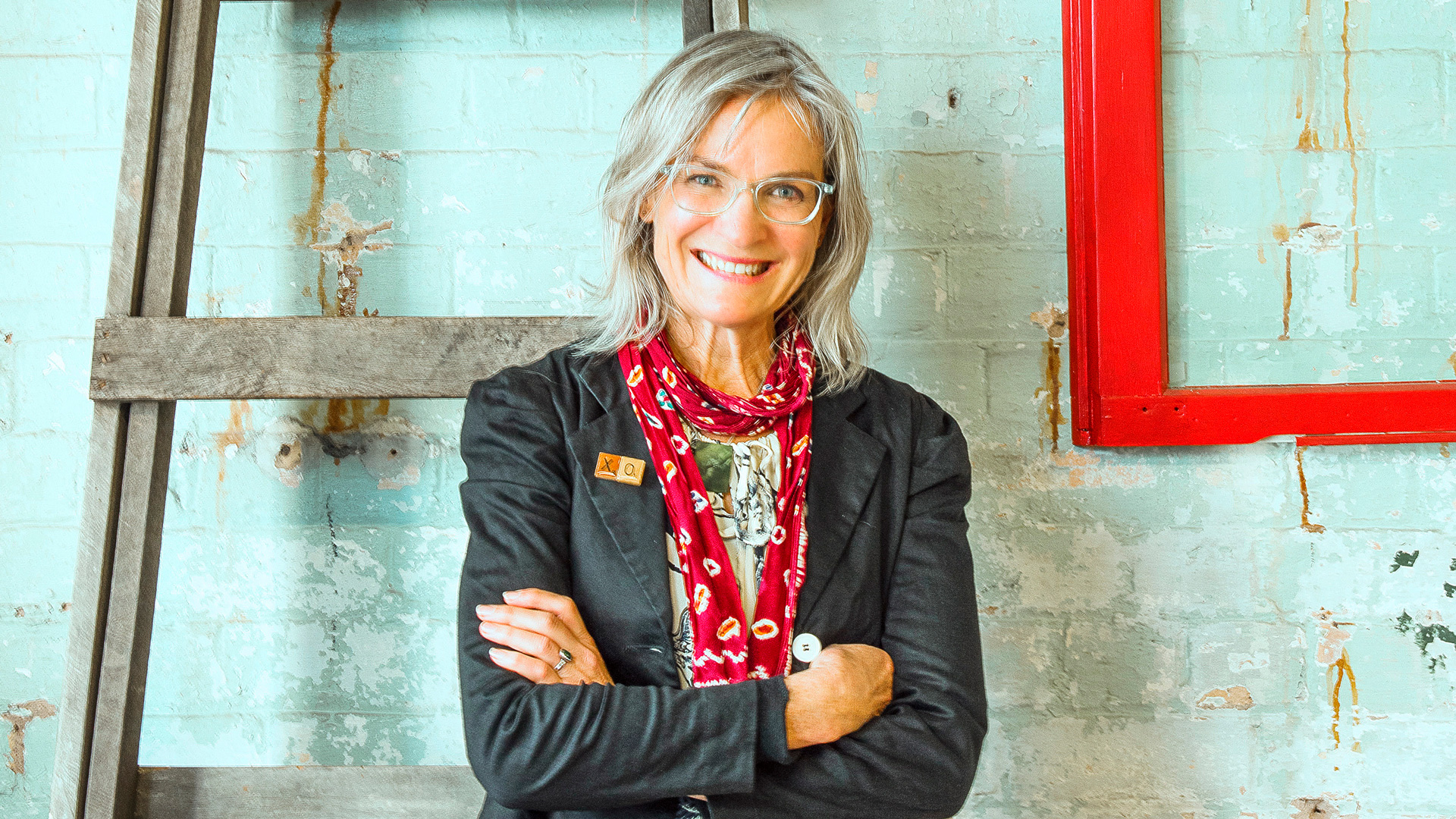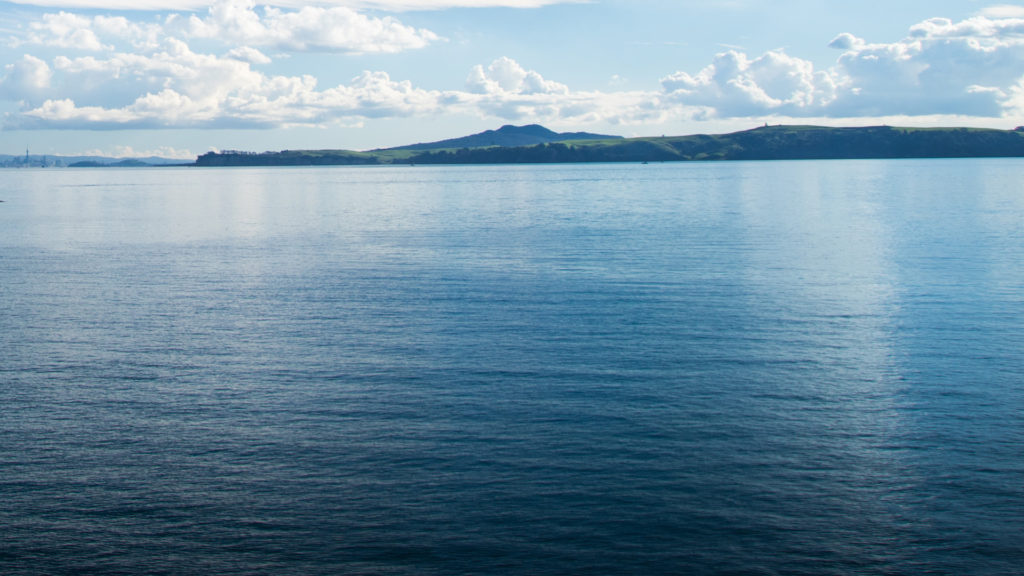We've taken rapid action on the pandemic. But where’s the urgency on climate change and environmental degradation? We’ve had decades of warnings about destroying other species and the world’s wild places. The consequences are now obvious. But so are the opportunities to make a positive response.
Hauraki Gulf Forum estimated it has 50% of the fish it had in 1925. It’s polluted with sediment and heavy metals from what we do on land. The latest report from the Hauraki Gulf Forum estimated it has half the fish it had in 1925. Trevally numbers are down by 16% of historic levels, snapper by 17%, sharks - a key part of the ecosystem – by 14% and dolphins 3%.
We choose what happens now. Aotearoa has some of the world’s richest biodiversity. But like everywhere on Earth it’s in crisis. Latest analysis from The Journal Proceedings of the National Academy of Sciences confirms we’re in the Sixth Mass Extinction. In fact, it’s the First Mass Extermination. It’s the first global die-off driven by one species, us.
The report Our Land by Stats NZ and the Ministry for the Environment warns that two thirds of Aotearoa’s ecosystems are at risk of collapse. We have the world’s highest proportion of threatened indigenous species. We’re killing species faster than almost any other nation.
This is unravelling our life support systems. Pesticides and habitat loss are eliminating insects vital for food production. The industrialisation of our landscapes is turning our water toxic. Nearly one in three of our rivers are now unsafe for swimming.
Government research shows that New Zealand’s per person greenhouse gas emissions are the sixth highest in the OECD. Metservice says last year was New Zealand’s seventh warmest on record. Six of the last eight years all top that chart. Every one of us is contributing to a sudden shift to conditions not seen in thousands of years. It’s triggering droughts, floods and fires.
Our seas are becoming underwater wastelands. The Hauraki Gulf is now dangerously over-exploited. It’s polluted with sediment and heavy metals from what we do on land. The latest report from the Hauraki Gulf Forum estimated it has half the fish it had in 1925. Trevally numbers are down by 16% of historic levels, snapper by 17%, sharks – a key part of the ecosystem – by 14% and dolphins 3%.
This destruction is impacting the mental health of our eople. This year a Bath niversity study found nearly one in three young people were “worried” or “extremely worried” about their future.
Psychology tells us to combat fear through meaningful action. We can empower young people. We can ensure the equitable inclusion of women, Māori and Pacifica.
There are many great initiatives needing support. There are new ideas to explore and share. We must transform our wasteful society. We must value the resources for life properly. We must invest in this as never before.
A crisis brings out the best in people, especially Kiwis. Investment is turning in this direction. New thinking is emerging. There’s an appetite for change. Businesses I work with are responding with urgency to act on climate, waste and nature.
But we need exponential growth in the pace and scale of these developments.
Kiwis can lead this through initiatives ike the Milford Foundation. We all have a responsibility to invest in making that happen. Communities and businesses can work together to redesign products, services and systems to eliminate waste and pollution. We can get a grip on our greenhouse gas emissions. We can rethink what we buy and sell to fit the realities of our world.
The Government has created ‘Jobs for Nature’ during the pandemic. This has enabled nearly 5,000 people to find new employment regenerating our shared natural heritage. It’s been life changing for many. It will leave a lasting legacy. But we all need to invest more in this struggle for survival. Because all jobs should be jobs for nature, jobs for life.
The legacy we leave starts now. Listen to the experts. Heed the warnings. Ask yourself, what will you contribute?
Rachel Brown – Trustee,
Milford Foundation

This article was originally featured in the Impact magazine, click here to view the magazine online.
